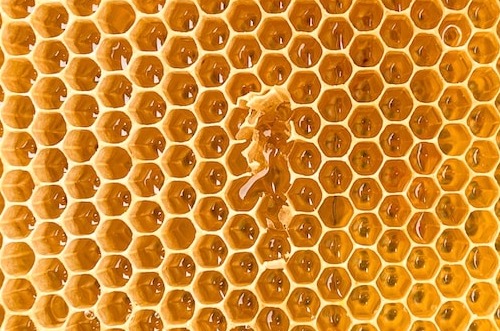
In W33 in the honey landscape, Russia ranks 39th globally for honey exports, shipping around 4,000 metric tons (mt) of honey annually. However, projections indicate that in 2023, Russian honey exports might rise to 5,500 mt. Approximately 100 thousand beekeepers are involved in beekeeping in Russia, with the majority being individual backyard farms or small operations. The country's annual honey production is 60 thousand to 65 thousand mt. Notably, up to 70% of honey sold in retail chains fails to meet the required quality standards.
Myanmar exported 926.9 mt tons of honey in the first four months of the 2023/24 fiscal year. Key export destinations include South Korea, Japan, the United States (US), and Singapore. The beekeeping industry is concentrated in regions like Sagaing, Mandalay, Magway, and Shan State, producing various types of honey such as sesame, date, sunflower, lychee, and nectar. The country has state-owned beekeeping stations with 6,200 beehives and about 820 private beekeeping businesses with almost 200 thousand beehives. Myanmar's annual honey production is 7 thousand mt, with approximately 2,600 mt exported at an average price of USD 1,600/mt. In the previous fiscal year (2022/23), over 1,900 mt of honey was exported, generating an income of more than USD 2.8 million.
The Turkish Ministry of Agriculture and Forestry has launched a project to investigate the impact of global climate change on beekeeping and promote collaboration among beekeepers. The project focuses on gathering primary data from beekeeping enterprises across 21 provinces in Turkey, chosen based on their high number of active hives. These provinces include İzmir, Muğla, Aydın, Ordu, Trabzon, Giresun, Adana, Mersin, Antalya, Bitlis, Van, Bingöl, Siirt, Diyarbakır, Şanlıurfa, Sivas, Konya, Ankara, Balıkesir, Sakarya and Bursa. A total of 525 businesses will contribute to the data collection, forming the core of the project's research efforts.
Lastly, the Turkish Cooperation and Coordination Agency (TIKA) has partnered with the Agriculture and Forestry Directorate and Çobanbey Local Council to assist beekeeping in northern Syria's Operation Euphrates Shield region. The project focuses on Central Anatolian bees, known for their resilience to changing climates and harsh conditions. The initiative seeks to boost local production and expand the honey market in the region.




